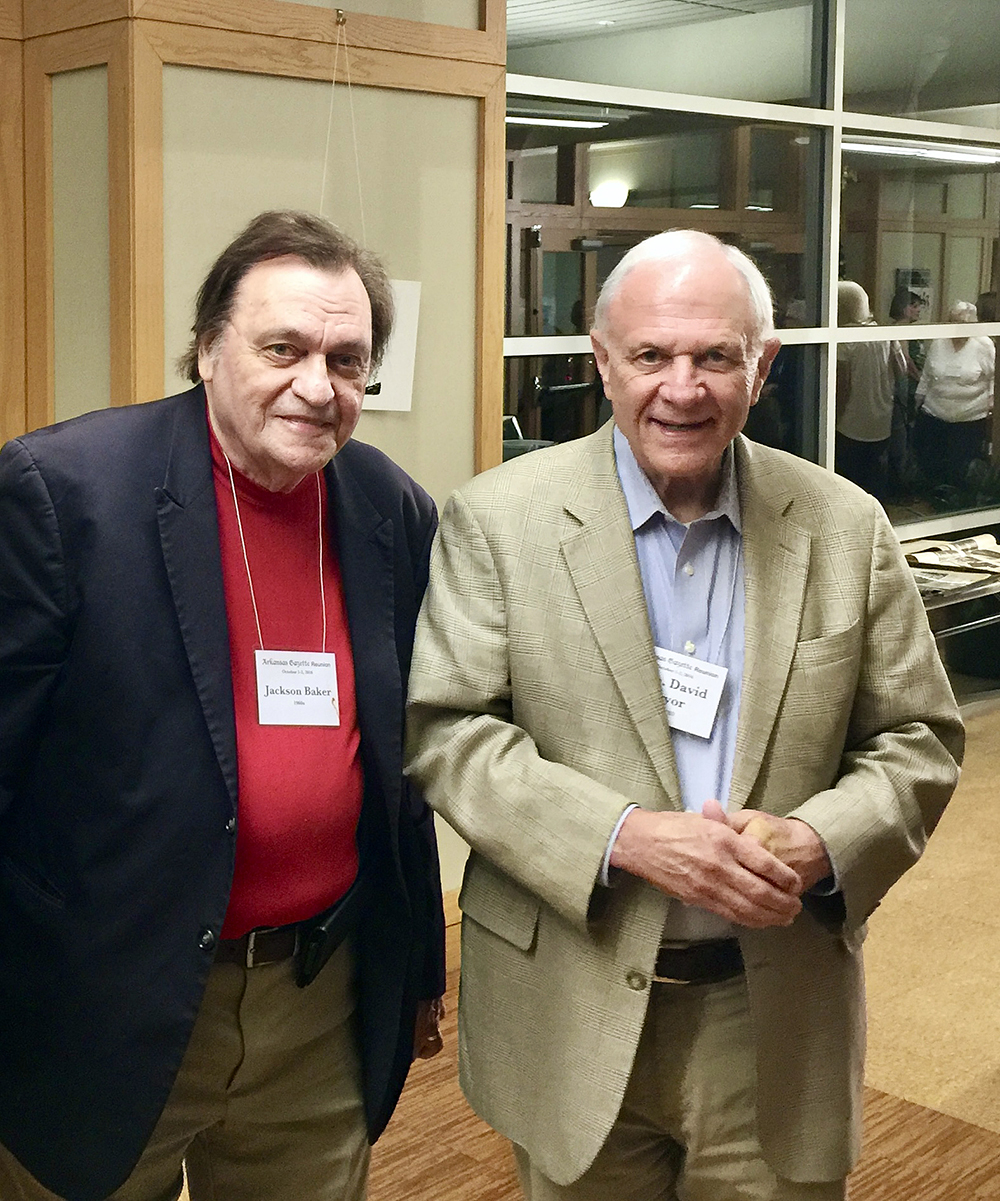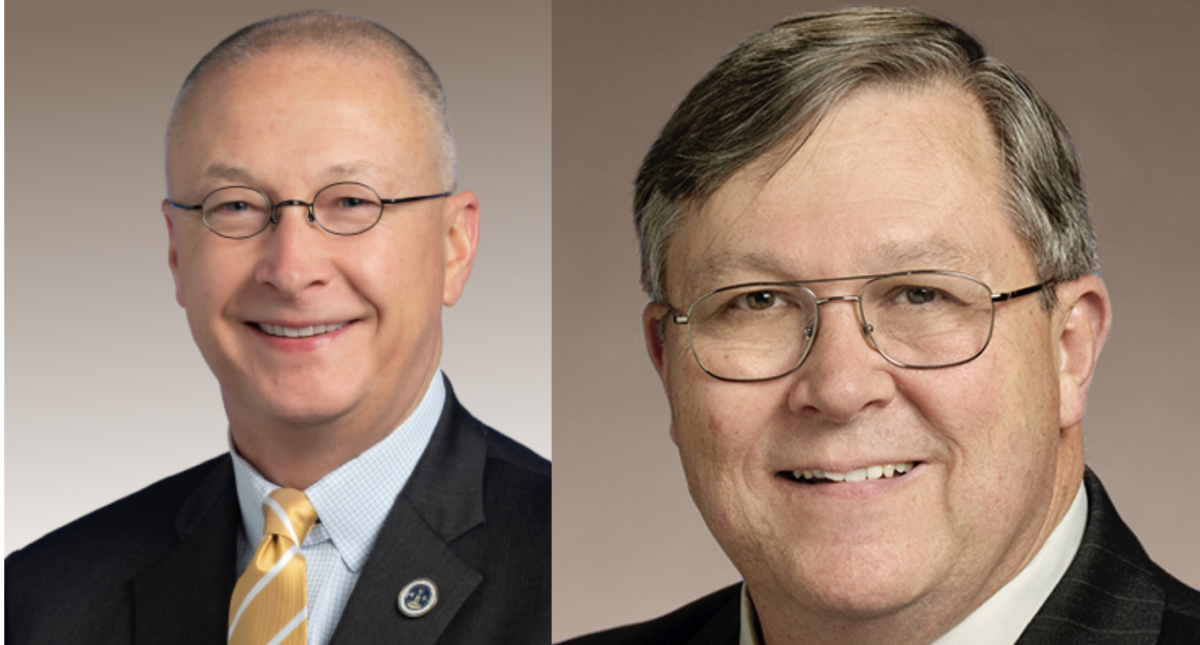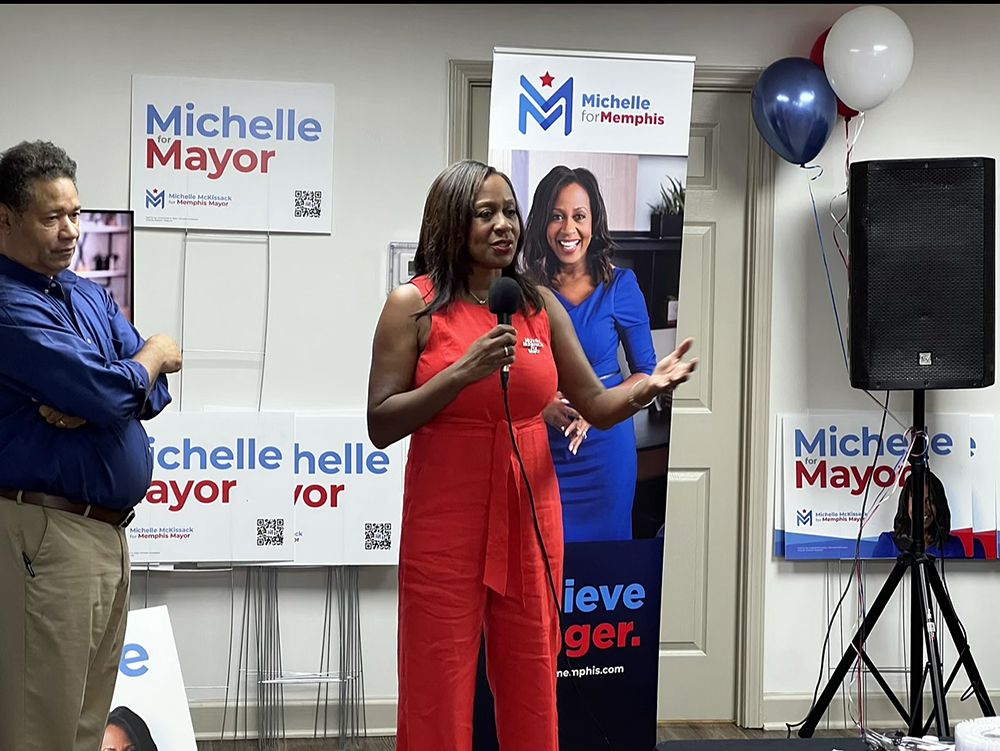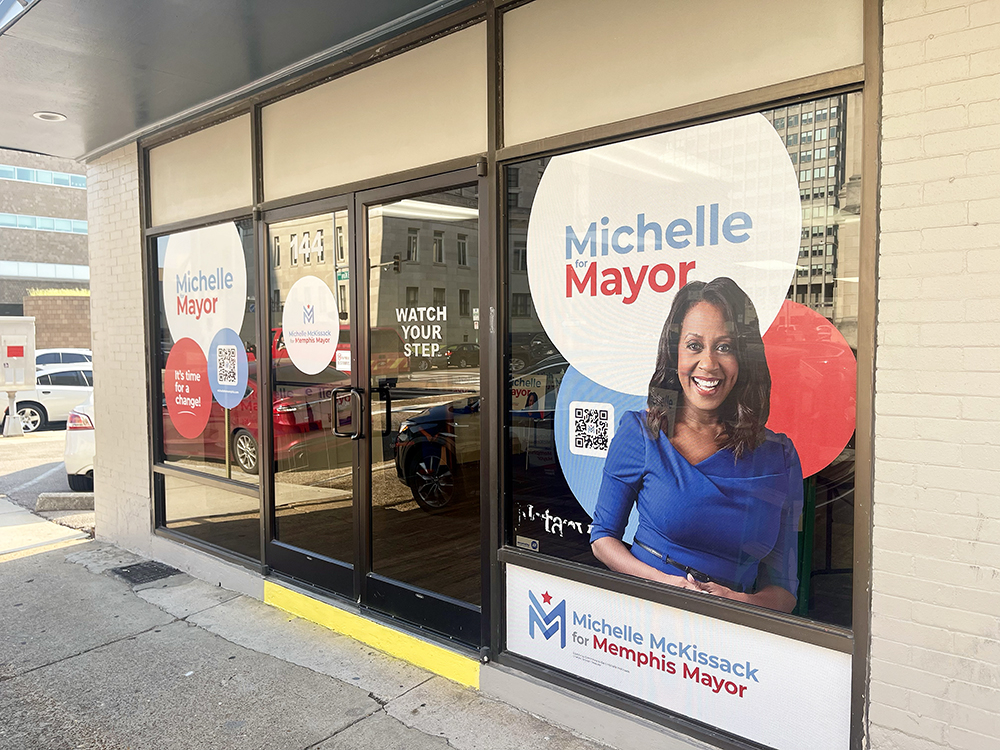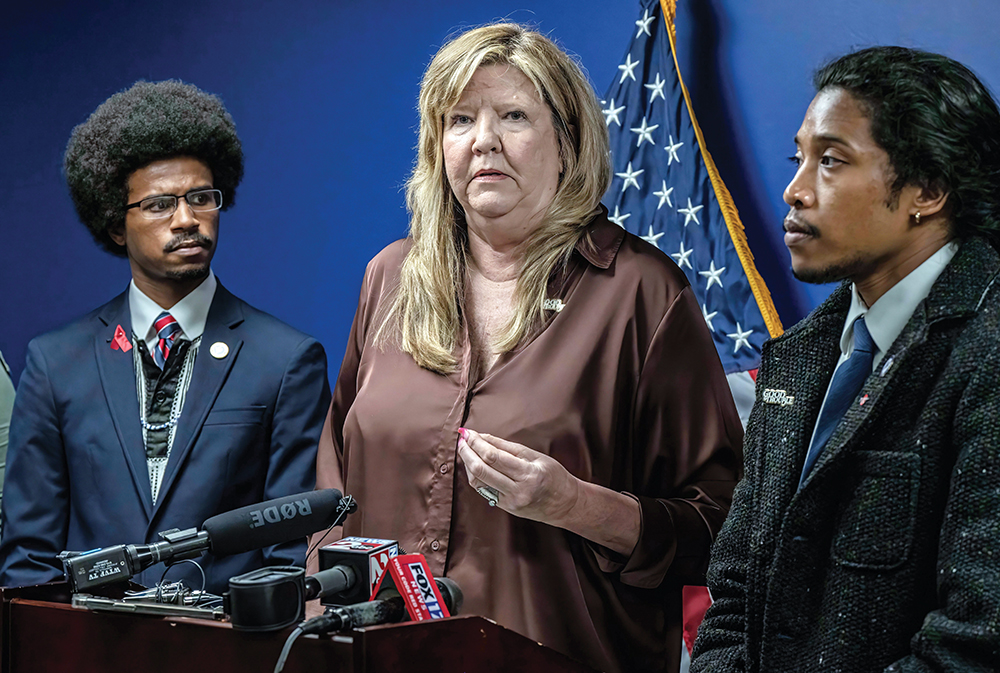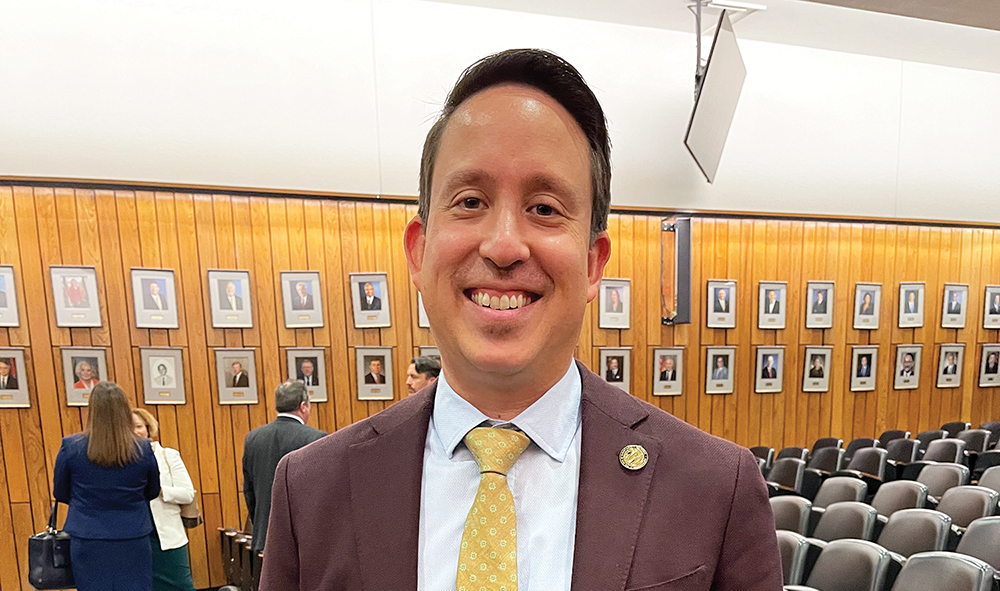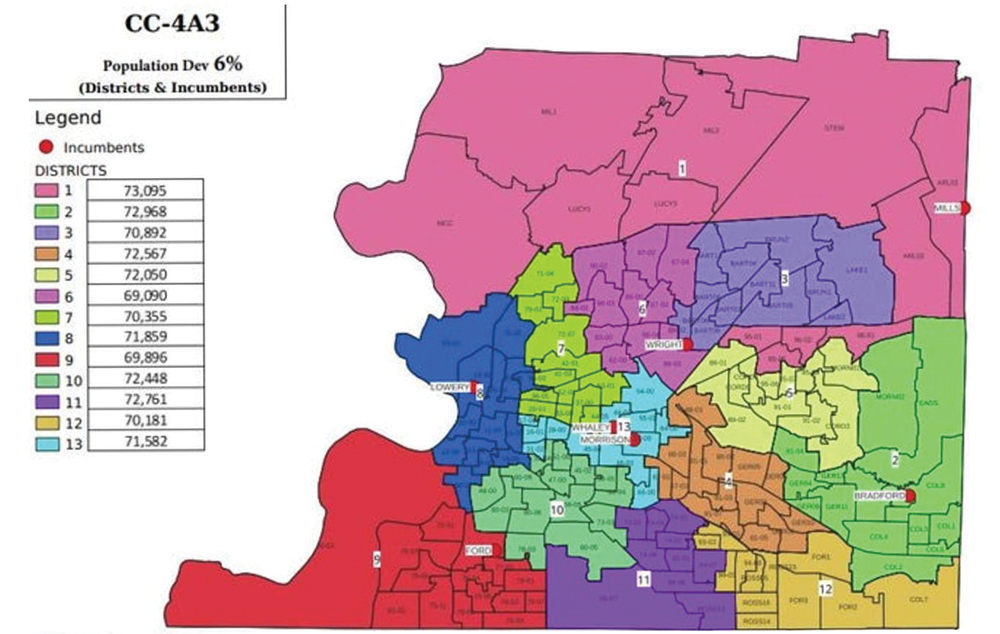The Shelby County Republican Party is scheduled to hold its biennial convention in January, and the party has a bona fide chairmanship race on its hands.
One candidate is Bangladesh-born Naser Fazlullah, manager of a food-and-beverages firm and the local party’s vice chair, who has been highly active in Republican outreach efforts over the years. Most unusually, he professes a desire to “bring both parties together” for the benefit of Shelby County and has numerous friends both inside and outside GOP ranks.
The other candidate is insurance executive Worth Morgan, the former city council member who in 2022 ran unsuccessfully for county mayor and had been rumored as a possible candidate for Memphis mayor the next year before deciding not to make the race.
Both candidates are running as the heads of slates for a variety of other party offices.
Morgan’s campaign in particular, run under the slogan “Revive,” is in the kind of high gear normally associated with expensive major public races and has employed a barrage of elaborate online endorsements from such well-known party figures as state Representative Mark White, state Senator Brent Taylor, and conservative media commentator Todd Starnes.
The GOP convention is scheduled for January 25th at The Venue at Bartlett Station.
• Morgan’s choice of the campaign motif “Revival” is interesting. Not too long ago, Republicans dominated county government, but demographics now heavily favor Democrats in countywide voting. As one indication of that, Democratic presidential candidate Kamala Harris outdistanced the GOP’s Donald Trump in November by a margin of 201,759 to Trump’s 118,917.
In a series of post-election analyses, however, veteran Republican analyst Don Johnson, formerly of Memphis and now with the Stone River Group of Nashville, has demonstrated the GOP’s supremacy virtually everywhere else in Tennessee. He has published precinct-specific maps of statewide election results showing areas won by Trump in red. Patches of Democratic blue show up only sporadically in these graphics and are largely confined to Memphis, Nashville, and the inner urban cores of Knoxville and Chattanooga. Even Haywood County in the southwest corner of the state, virtually the last Democratic stronghold in rural Tennessee, shows high purple on Johnson’s cartography.
Post-election analysis shows something else — a shift of the Republican center of gravity eastward, toward the GOP’s ancestral homeland of East Tennessee. For the first time in recent presidential elections, Republican voting in Knox County outdid the party’s totals in Shelby County.
Looking ahead to the 2026 governor’s race, it is meaningful that a recent poll of likely Republican voters by the Tennessee Conservative News shows two Knoxvillians — Congressman Tim Burchett and Knox County Mayor Glenn Jacobs — leading all other potential candidates.
• The Shelby County Commission ended its year with a full agenda of 89 items, several of which were matters involving schools and school funding. The commissioners navigated that agenda with admirable focus and aplomb, considering that the bombshell news of Tuesday’s scheduled Memphis Shelby-County Schools board meeting regarding the potential voiding of superintendent Marie Feagins’ contract exploded midway through their discussions.
• One of the more inclusive political crowds in recent history showed up weekend before last at Otherlands on Cooper to honor David Upton on the occasion of his 60th birthday. Upton is the proverbial man-behind-the-scenes in Shelby County politics and has had a hand — sometimes openly, sometimes not — in more local elections and civic initiatives than almost anybody else you could name.


